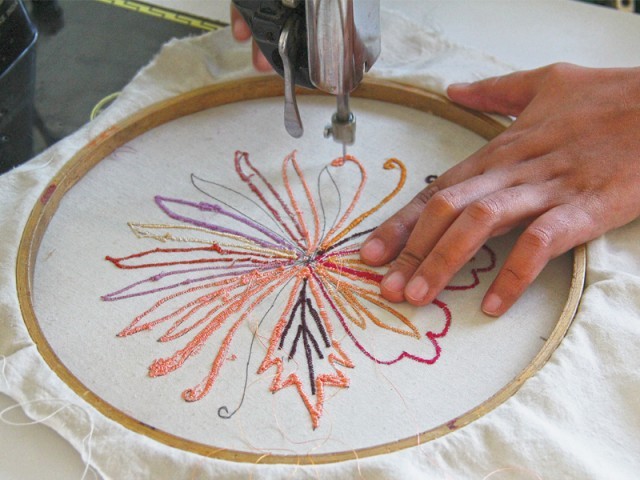
The model, adopted from Germany, aims at signing more such agreements with the local industry. “We have singed an agreement with 10 leading industries in Pakistan. They will provide jobs to 5,000 skilled youth each year. The TEVTA will provide training to the youth and industry representatives might supervise it,” TEVTA Chairperson Irfan Qaiser Sheikh told The Express Tribune.
“Every batch of students will be trained as per demand of a certain industry. We will bear the cost of equipment and training, and the certified youth will get jobs in the industries,” Sheikh said.
Chief Minister Shahbaz Sharif has set a target of training two million youths by 2018. The provincial government also plans to send 200,000 skilled workers to the Middle East, Saudi Arabia and Malaysia over the next few years.
“Instead of building new offices, we have diverted a Rs2 billion development fund to training the youth. We go to industries, assess their requirements and train the youth accordingly,” the TEVTA chief said.
He said Qatar needed 100,000 skilled workers from Pakistan before the 2022 FIFA World Cup.
“A provincial government delegation visited Qatar recently… They handed us a list of skilled labour they need,” Sheikh said. “When we came back, we realised that we don’t have that sort of manpower. We are now making a shift and training people accordingly,” the TEVTA chief said.
He said courses had been started for construction workers, carpenters, painters, floor fixers, plumbers and electricians. Hands-on training is being provided to the candidates, he said. “We have also started courses in hospitality. Turkish experts are training our trainers for the purpose,” he said.
He said the ratio of job placement for TEVTA graduates was 82 per cent. “They are also paid better.” Sheikh said the authority had started a driving course for professional drivers in collaboration with the National Highways and Motorway Police. He said companies like Shell and Daewoo had hired pass-outs from the first batch.
The TEVTA has recently started a Chinese language course. “The provincial government is doing a lot of business with Chinese companies. Chinese investors coming here face language barriers. They need interpreters. We have, therefore, started a Chinese language course. We have trained interpreters who receive $300 for working a few hours a month. The companies are signing long-term agreements with the interpreters,” the TEVTA chief said.
Sheikh said the authority planned to offer online courses. “This will be our next step… over the next two years,” he said.
Published in The Express Tribune, March 7th, 2016.
-(1)1717678110-0/Kendrick-(1)-(1)1717678110-0-405x300.webp)
















COMMENTS
Comments are moderated and generally will be posted if they are on-topic and not abusive.
For more information, please see our Comments FAQ